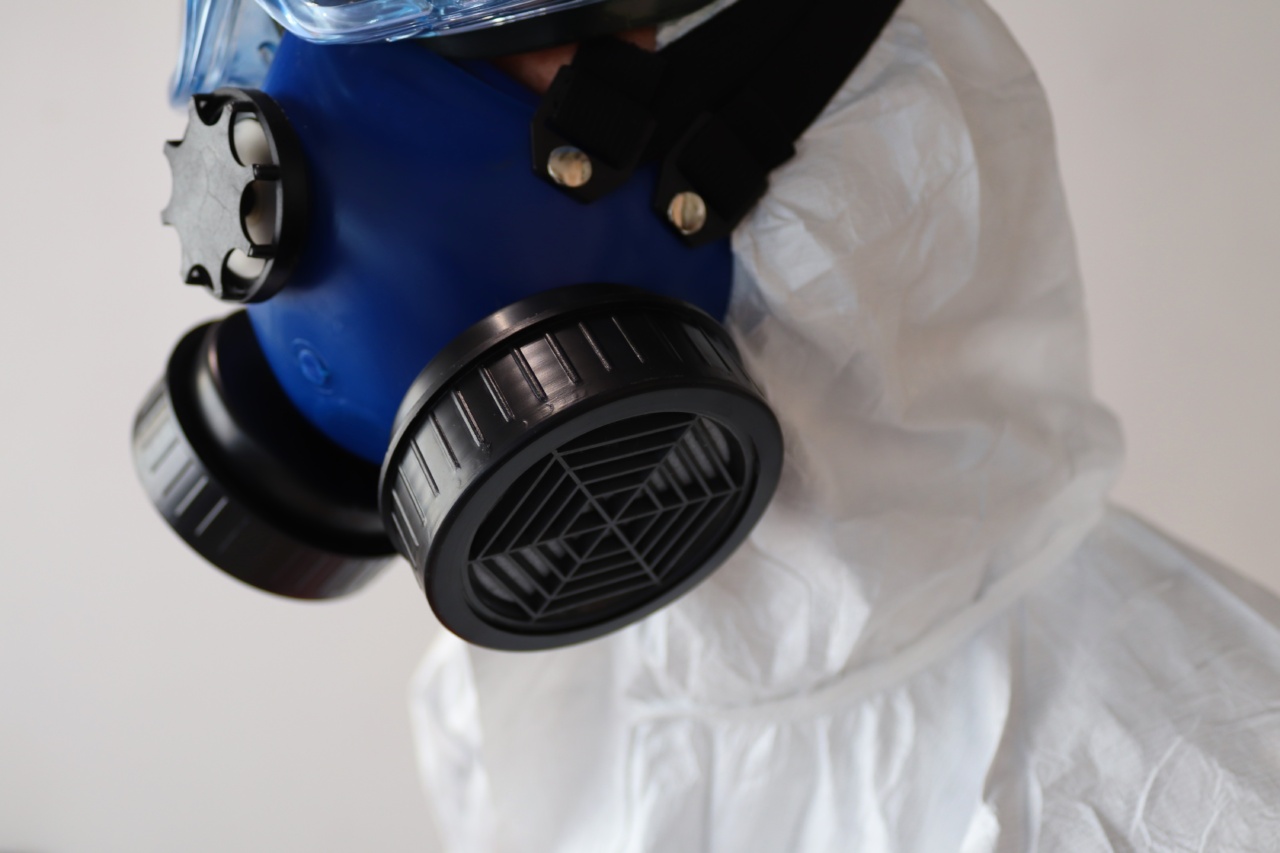If you think air pollution is just bad for your lungs, think again. Recent studies have shown a strong correlation between air pollution and premature death from heart disease. This is troubling news, especially for those living in heavily polluted areas.
In this article, we’ll explore the link between air pollution and heart disease, and what we can do to protect ourselves.
What is air pollution?
Air pollution is the presence of harmful particles and gases in the air we breathe. These pollutants can come from a variety of sources, including factories, cars, and power plants.
When we breathe in polluted air, our lungs can become inflamed, and we may develop respiratory problems such as asthma and lung cancer.
The link between air pollution and heart disease
While most people are aware of the respiratory effects of air pollution, fewer people are aware of its impact on heart health. Studies have shown that exposure to air pollution can increase the risk of heart disease, heart attacks, and strokes.
In fact, one study found that air pollution was responsible for 3.2 million premature deaths worldwide in 2010, the majority of which were due to heart disease.
So, how does air pollution contribute to heart disease? One theory is that the particles in polluted air can trigger an inflammatory response in the body.
When the body is inflamed, it can cause damage to blood vessels and other organs, which can increase the risk of heart disease. Additionally, exposure to air pollution has been shown to increase blood pressure, which is a significant risk factor for heart attacks and strokes.
Who is most at risk?
While air pollution can have negative effects on anyone’s health, certain groups may be more vulnerable to its effects.
For example, people who already have heart disease or who are at high risk for heart disease may be more susceptible to the damaging effects of air pollution. Additionally, children, older adults, and people with pre-existing respiratory conditions such as asthma may be more sensitive to the harmful effects of air pollution.
What can we do to protect ourselves?
While we can’t completely eliminate air pollution, there are steps we can take to protect ourselves.
For example, people can avoid exercising outside during times of high pollution, and can take public transportation or carpool to reduce the amount of pollution they generate. Additionally, people can invest in high-quality air filters for their homes, which can help to reduce indoor air pollution.
Finally, policymakers can implement regulations to reduce the amount of pollution generated by factories and other sources, which can help to protect public health.
Conclusion
Air pollution is a serious public health issue that can have negative effects on heart health. While we can’t eliminate air pollution entirely, there are steps we can take to reduce our exposure and protect ourselves.
By being aware of the risks and taking action, we can help to reduce the number of premature deaths due to heart disease caused by air pollution.


























